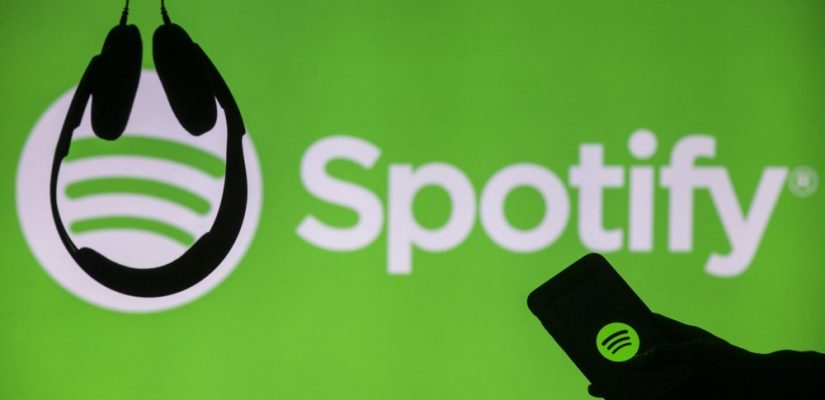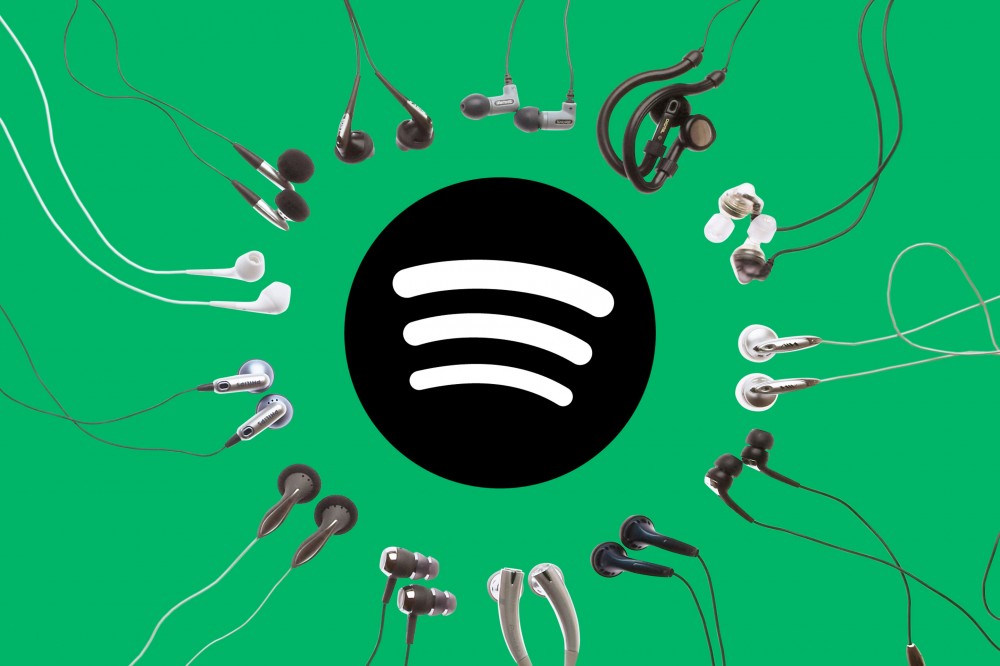
Spotify has filed to patent its Automatic Personal Playlist Generation software based on your personal preferences. It analyzes your user history to generate what they think; or honestly, in this case, know what will strike a chord. It’s able to do so given “intent signals” or it can decide what you’re looking for while using the service.
The software “Selects a first media object from the media content play history and then constructs an N-dimensional factor vector (also known as the Euclidean Algorithm, aka the quickest way to find a greatest common denominator between A and B) based on activity records and the intent records associated with the first media object” according to the patent.
What Spotify is doing is basically taking your musical tastes, memorizing them, and applying it to an AI that will next time know your musical tastes better than perhaps you do. While that sounds crazy, it’s already in practice before you login.

The patent also states, “In other embodiments, multiple latent factor models are ensembled together for a richer taste profile of a user. This is performed, for example, by combining multiple models using ensemble techniques, such as Gradient Boosted Decision Trees or Logistic Regression, where a dataset of explicit user taste preference data (e.g., such as radio thumbs up and down) is used as ground truth data (i.e., training data) to train the ensemble model.”
If you’re wondering what may be the case when you dislike something the patent also clarifies how they dig through the murk.
“Signals that are determined to be noise or that are determined to provide inaccurate indications of observable or latent factors can be filtered out during the construction of the user taste vectors.”
At the end of the day, Spotify has now essentially patented what and how you listen to.